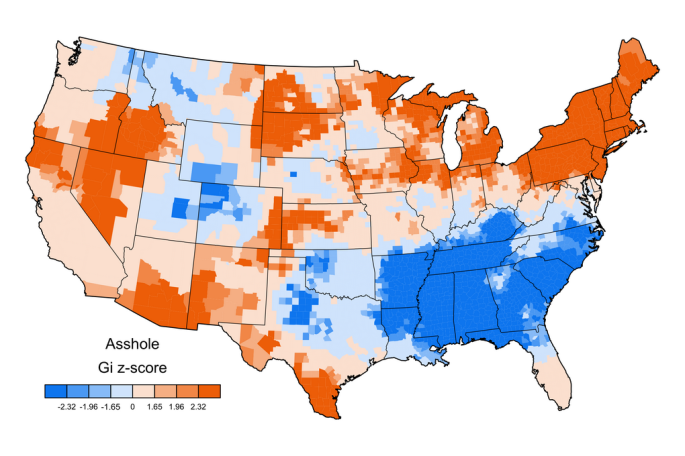
(reblogged from )

Editors Stan Carey and James Harbeck write about the English language on their blogs, Sentence first and Sesquiotica. They co-founded Strong Language, a blog for linguists, lexicographers, and word nerds who like vulgarities. Here, they tell us how the site was born, comment on people’s attitudes on profanity over time, and share their favorite swear words.
(If vulgar language offends you, this interview isn’t for you!)
How did Strong Language come about?
Stan: That was a happy accident. I was chatting with linguist James Harbeck about something he’d written for The Week on expletive infixation (like abso-bloody-lutely). There were words he couldn’t include because they’d be censored, and we both tend to stay family-friendly on our own blogs, so James suggested teaming up to create a sweary blog about swearing. I proposed Strong Language as a name, James kicked off with a post on cussword phonology, and we soon had an amazing team of linguists, lexicographers, editors and other word specialists contributing. It’s been foul-mouthed fun ever since.
Are there words (or types of swear words) you won’t cover on the site? Is anything too offensive for your taste?
Stan: I don’t think any taboo terms are off limits for Strong Language — it would go against the blog’s spirit of scientific enquiry. There are certainly swears I don’t use: racial epithets, ableist slurs, that sort of thing. But that’s different from examining their use.
As a linguist, do you sense a change in people’s attitudes towards swearing over time? Are we more or less profane than, say, ten years ago?
Stan: Ten years is too short for any major shifts, but attitudes do change. Even in Chaucer’s day, though, there was huge variety in how people felt about swearing. Whether we’re becoming more profane is debatable, but we are more visibly so, because the internet has sidestepped the traditional filters on what language we see and hear. It affects the type of swearing too, hence the vogue for super-abbreviated forms like af and tf.
On a longer timescale there’s a shift from swearing by (and to) higher powers, to just swearing at things and people. Centuries ago religious swears were stronger, which led to strange euphemisms like ’snails (God’s nails) and odsbodikins (God’s little body). Religious swears in most English-speaking communities are less taboo now than sexual swears, and even those are losing their force for many people. I’m not trained as a linguist, by the way — I just dabble.
James: I am trained as a linguist, and I agree with Stan.


 Log in with Facebook
Log in with Facebook 





